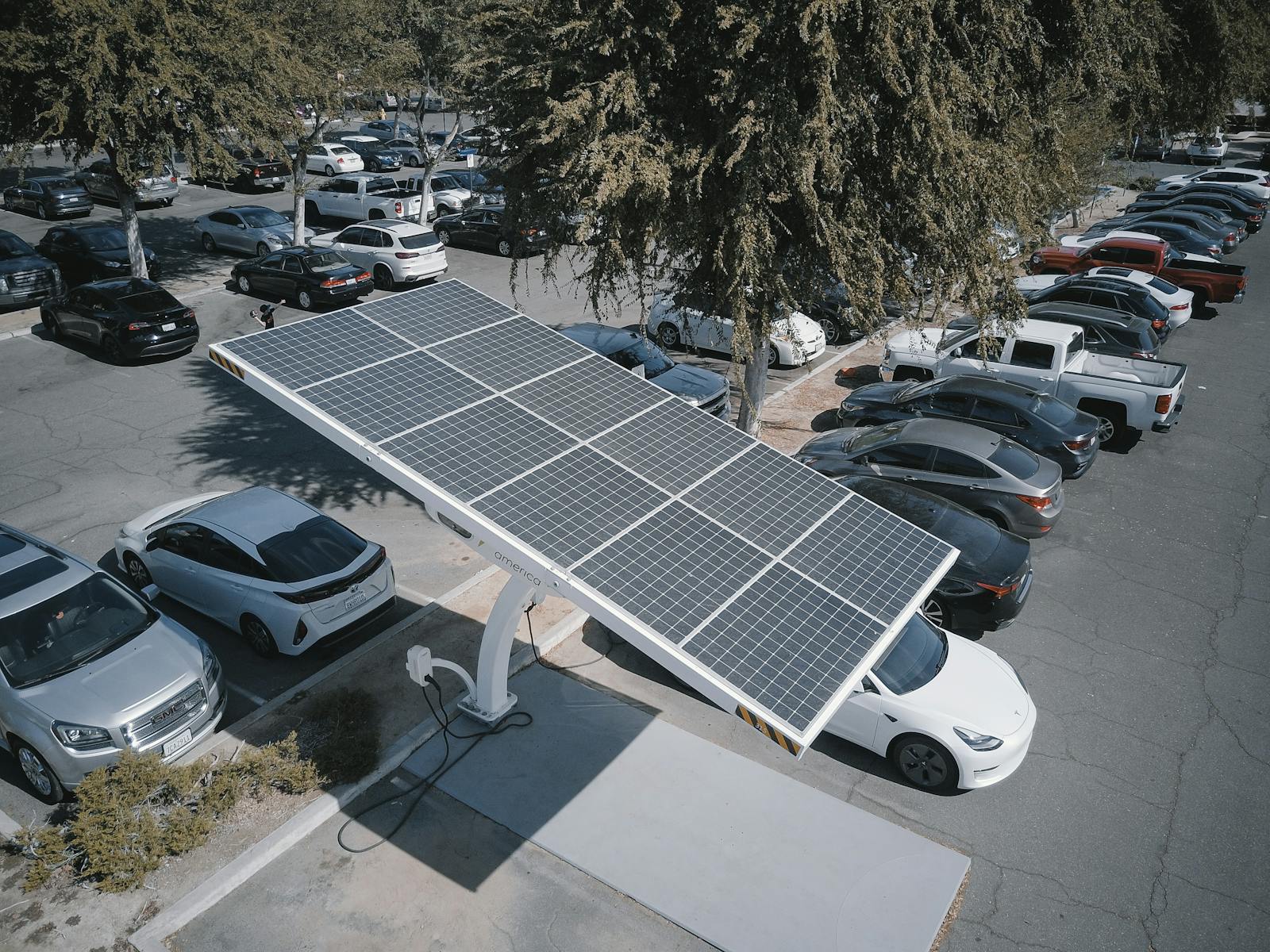Electric Vehicle: The Future Drive
Electric vehicles (EVs) have come a long way since the first electric car was built in the 19th century. In recent years, they have become increasingly popular, and it’s not hard to see why. With the rising concerns about the environment, air pollution, and climate change, people are now looking for more sustainable and eco-friendly modes of transportation. In this article, we will explore the future of electric vehicles and how they are changing the way we drive.
First, let’s talk about the benefits of the electric vehicle. One of the biggest advantages of EVs is that they produce zero emissions, making them much cleaner than traditional gas-powered vehicles. This is especially important in cities, where air pollution can be a major problem. Electric vehicle also has lower operating costs, as electricity is much cheaper than gasoline or diesel fuel. Additionally, EVs are quieter and offer smoother acceleration, making for a more comfortable and enjoyable driving experience.
Electric vehicle. Limitations
But what about the limitations of the electric vehicle? One of the main concerns people have is range anxiety, which refers to the fear of running out of battery power and being stranded on the side of the road. However, with the latest advancements in battery technology, range anxiety is becoming less of a concern. Most electric vehicles now have a range of over 200 miles on a single charge, and fast-charging stations are becoming more widespread, allowing drivers to quickly recharge their cars on long road trips.
Another limitation of EVs is the initial cost. Electric vehicles are still more expensive than their gas-powered counterparts, but the gap is narrowing. The cost of batteries has been declining steadily over the past few years, and as production volumes increase, the price of EVs is expected to continue to fall. Additionally, EVs require less maintenance than traditional cars, which can help to offset the higher upfront cost over time.

The future of electric vehicles looks bright. According to a report by the International Energy Agency, the number of electric vehicles on the road is expected to reach 145 million by 2030, up from just 3 million in 2017. This growth will be driven by a combination of falling battery costs, government incentives, and increasing consumer demand for sustainable transportation.
But electric vehicles are not just changing the way we drive. They are also transforming the automotive industry as a whole. With the rise of EVs, traditional automakers are being forced to adapt to this new reality or risk being left behind. Many are investing heavily in electric vehicle technology, and some are even phasing out gas-powered vehicles entirely.
Conclusion
In conclusion, electric vehicles are the future of driving. They offer numerous benefits over traditional gas-powered cars, including zero emissions, lower operating costs, and a more enjoyable driving experience. While there are still some limitations, such as range anxiety and higher upfront costs, these are becoming less of a concern as battery technology improves and production volumes increase. As more people switch to electric vehicles, they will not only help to reduce air pollution and combat climate change, but also drive innovation and growth in the automotive industry.

